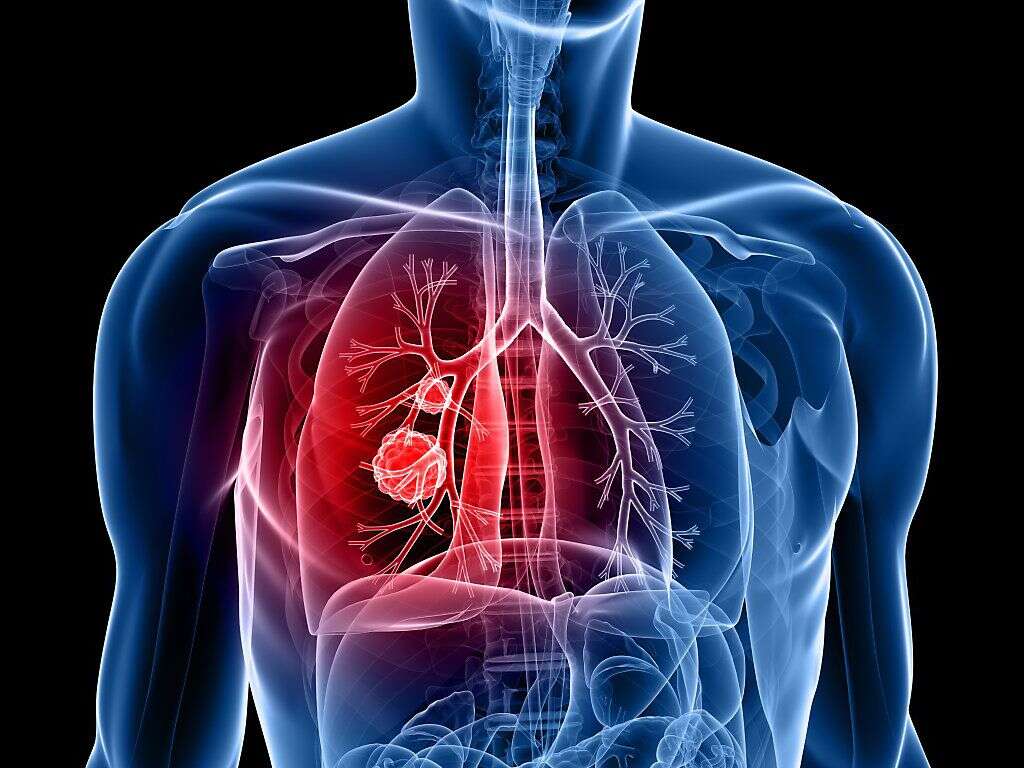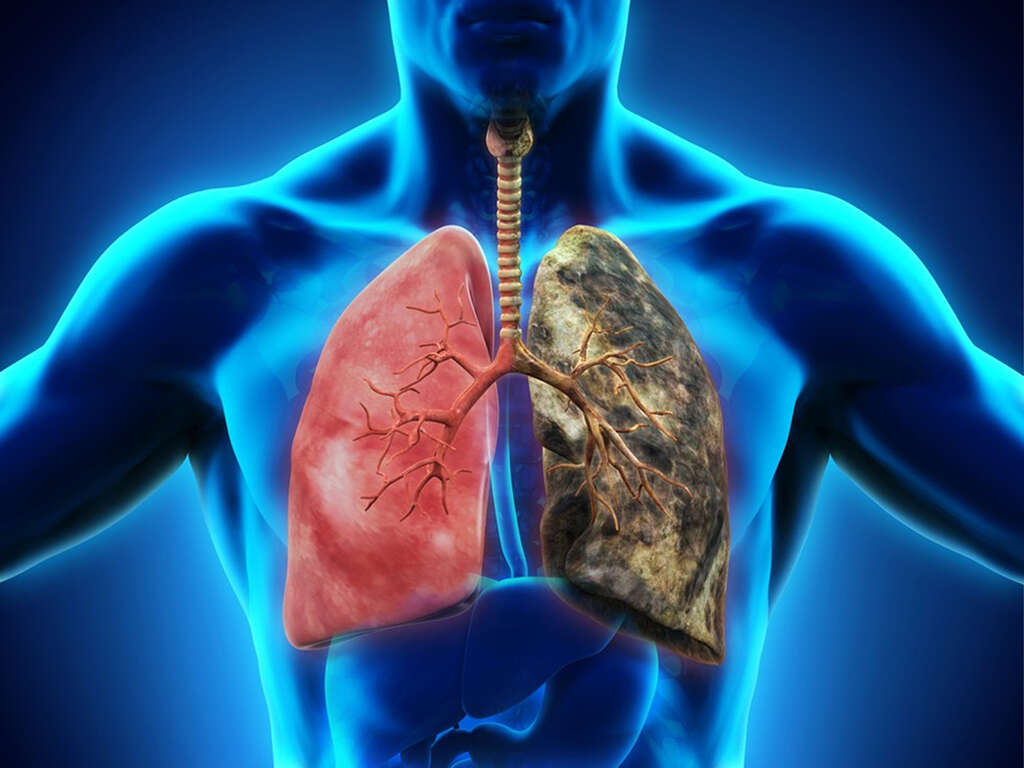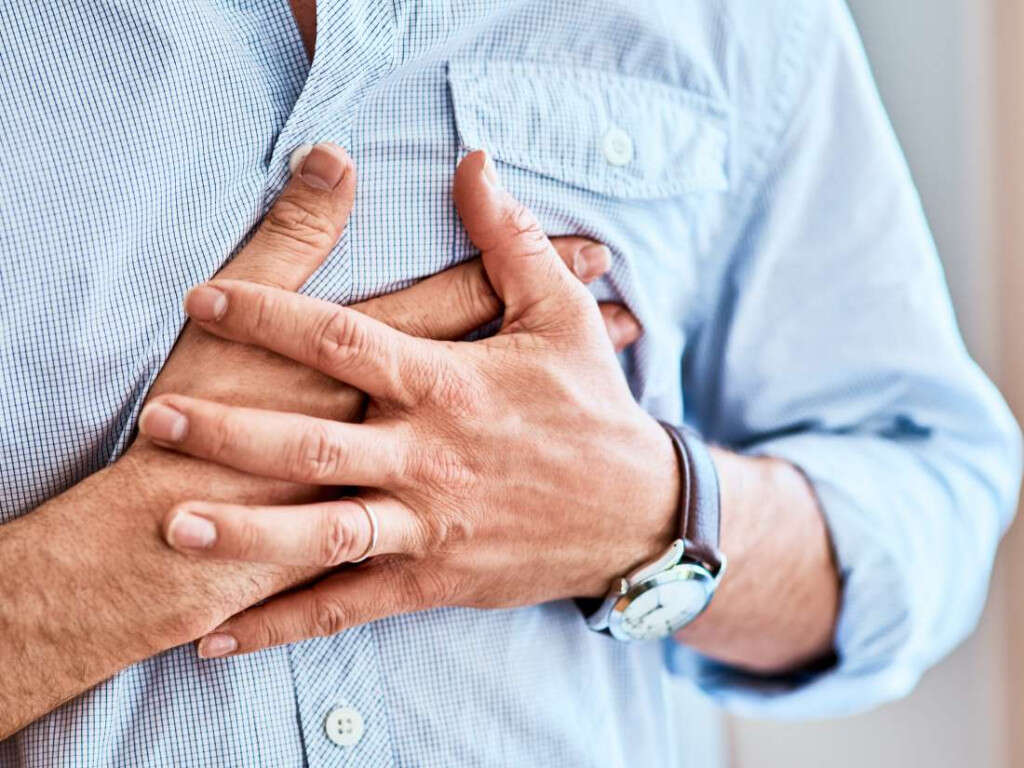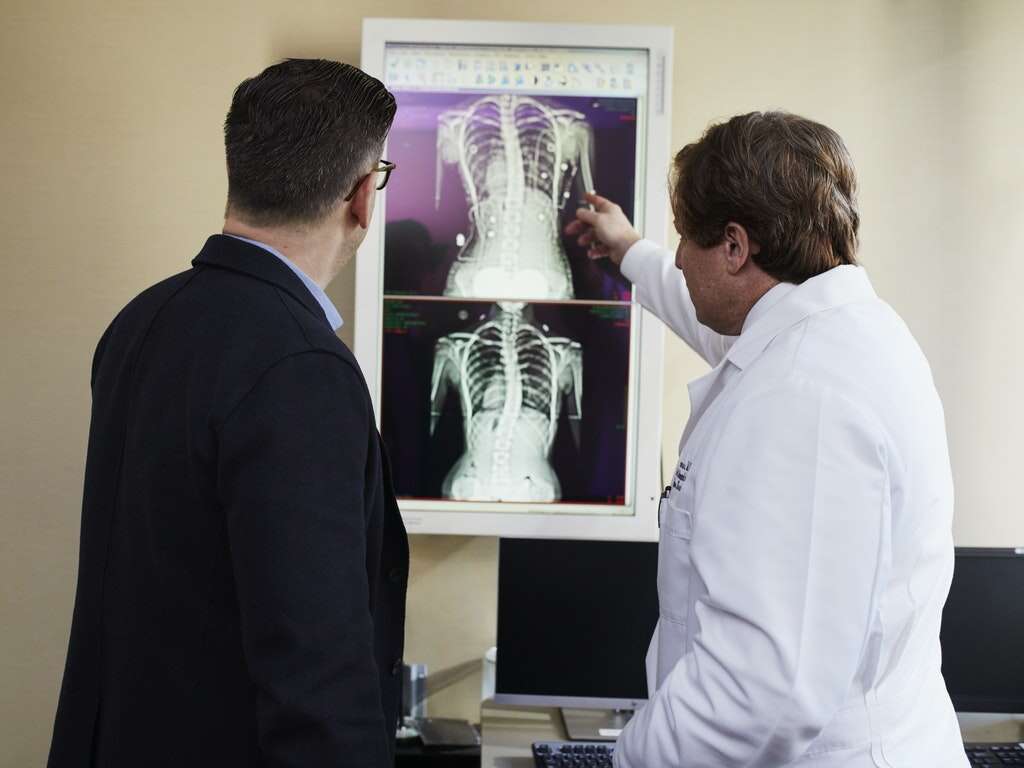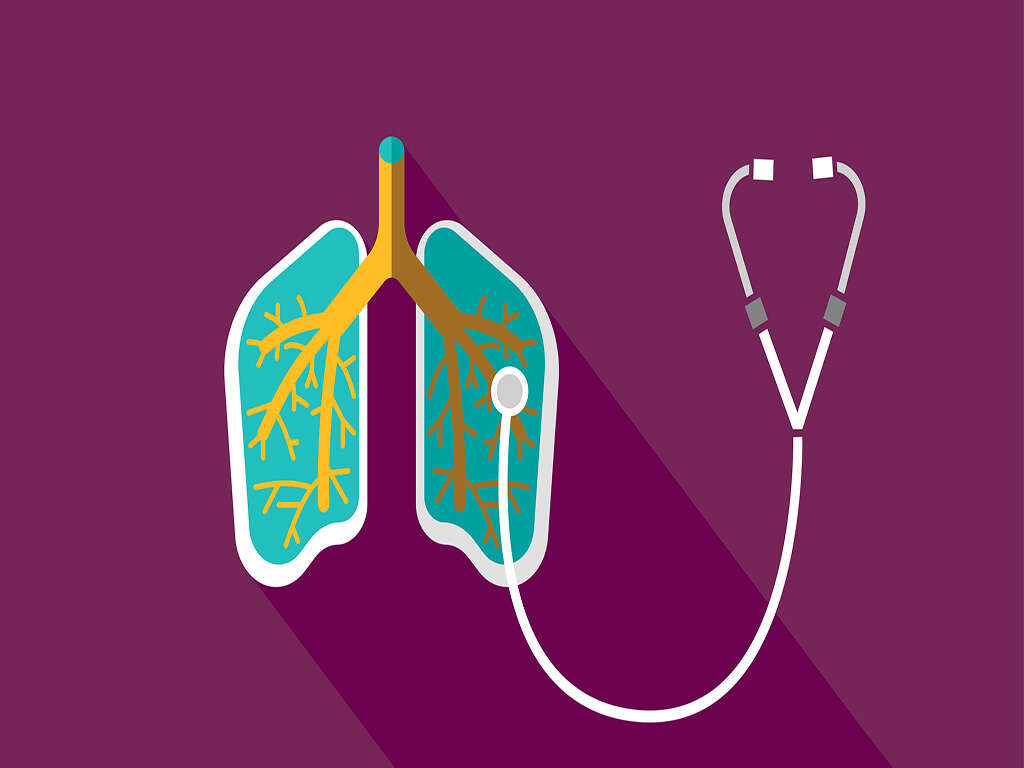What Is Lung Disease?
There are many ways in which your lungs can become affected by diseases. Healthy lungs depend on where you live, work, your immune system health, and your genetic makeup.
Lung disease can be a scary topic, but it does not have to mean that you are dealing with a condition alone or without the necessary information you need to understand the condition. Learn about the types of lung disease, their causes, and potential treatments before talking to your doctor.
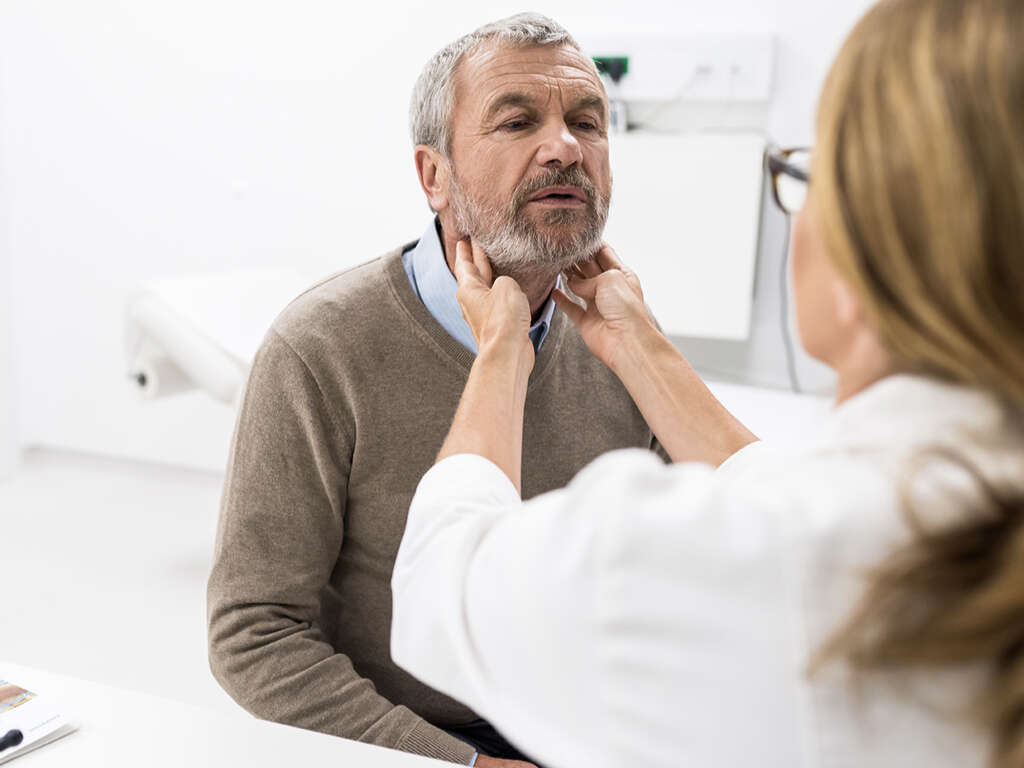
1. Causes
The origins of lung disease can often be traced to something obvious: Maybe your grandpa smoked three packs of cigarettes a day for 60 years before being diagnosed with stage four lung cancer. Or, perhaps your five-year-old was diagnosed with allergic asthma after having severe environmental allergies as an infant.
It is not always easy to figure out what’s causing your breathing problems. Your doctor will listen to your lungs and likely send you for scans and blood work. You may then be referred to a pulmonologist, who is a specialist in diagnosing diseases that affect your breathing.

2. Risk Factors
You likely know already that cigarette smoking is bad for your overall health and your lungs. Smoking is one of the leading risk factors for developing lung cancer.1Nazario, B. (2018, April 8). Lung Diseases Overview. WebMD. https://www.webmd.com/lung/lung-diseases-overview.
Unhealthy work environments also play a part in healthy lungs becoming diseased. Individuals who work or live in an environment with asbestos or radon are at higher risk of developing lung disease than the general population.

3. Transmission
Viral infections like the flu are easily transmitted through the air and by way of contaminated surfaces like doorknobs and countertops. These infections can be as mild as a cold or severe as the flu, but they can develop into lower respiratory infections if they are not treated early.
Diseases like asthma, emphysema, and lung cancer cannot be transmitted from person to person. These conditions are caused by something that goes wrong with the person’s immune system or airway physiology, and they are not contagious.
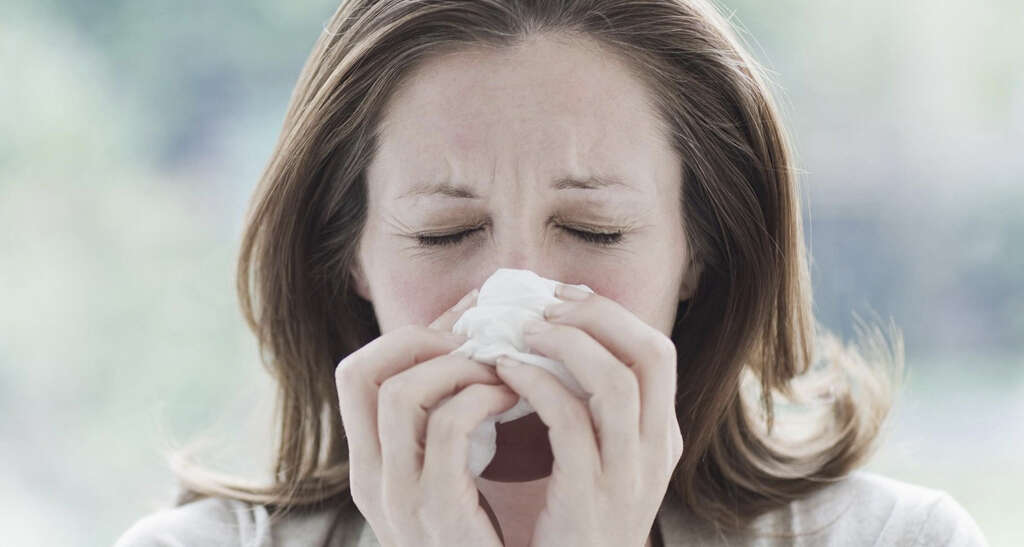
4. Diagnosis
When evaluating a patient for lung disease, your doctor will go over your medical history as well as your family history. Does your mother have emphysema? Is there a strong history of asthma in your family? If there is a suspicion of a condition with a genetic link, like cystic fibrosis, your doctor will likely ask you to consider genetic testing. A thorough examination, bloodwork, and scans will likely reveal the cause of your condition.
There are some conditions that look like lung disease but actually originate in other parts of the body. Anemia, for example, is a condition in which your body does not have enough red blood cells to carry oxygen to its tissues. Panic attacks are a psychological condition that can make patients feel dizzy or even pass out. Both of these conditions affect your breathing in a very real way. They can be treated, but the problem is not in your lungs themselves.

5. Signs and Symptoms
Lung disease symptoms can be vague. In most cases, you will have trouble breathing or experience shortness of breath, and you may have trouble exercising.
In severe cases, you may cough up blood or have chest pain. It’s best to always listen to your instincts about your health: Sometimes, the only sign of lung disease is a chronic cough.
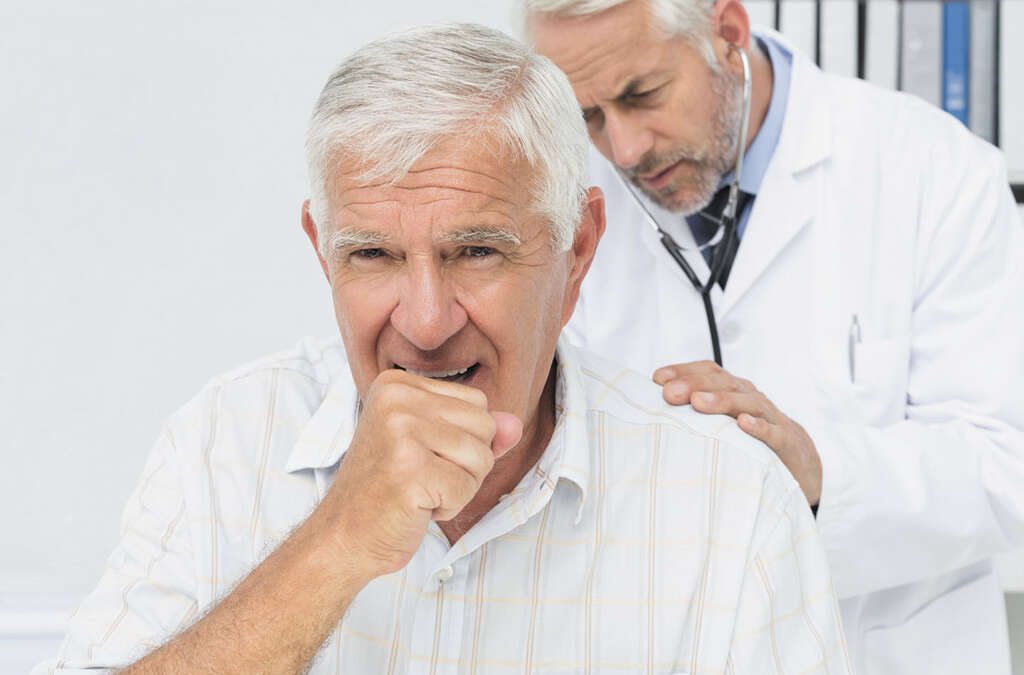
6. Complications
Pneumonia, caused by viruses and bacteria, can infect the alveoli and cause uncomfortable symptoms, including shortness of breath and coughing. Inflammation in your lung’s air sacs can make it difficult to breathe and can even lead to death if severe.
If severe lung diseases like cancer are not treated, they can be fatal. Even if lung cancer is caught early, it can spread quickly, especially if the patient is elderly. It is possible to recover from lung disease, but the treatment often includes changes in lifestyle as well as medical interventions.
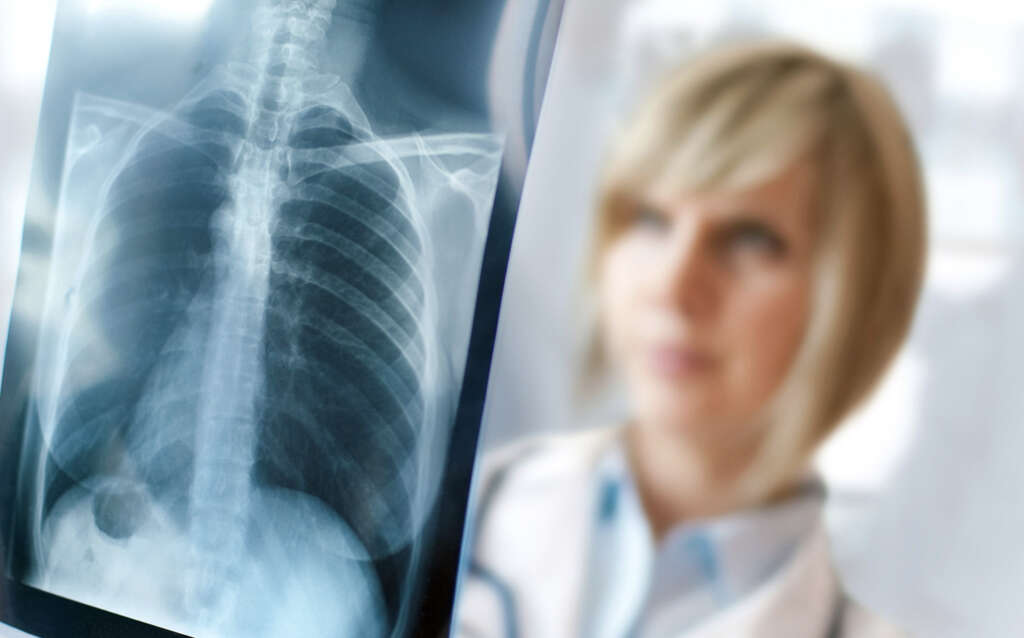
7. Treatment and Management
Treatment depends on the cause of your lung disease. If you have a condition like asthma that causes chronic inflammation in your airways, you will need to work with your doctor to identify what is causing your condition and devise a plan that may include using an inhaler to control your coughing and wheezing.
If you have a more severe disease like lung cancer, emphysema, or cystic fibrosis, treatment will focus on managing symptoms that affect you on a daily basis — like shortness of breath and having a cough with a lot of mucous — while managing the long-term treatment plan at the same time. You may receive chemotherapy, use different types of inhalers, or even undergo surgery depending on the type and severity of your disease.
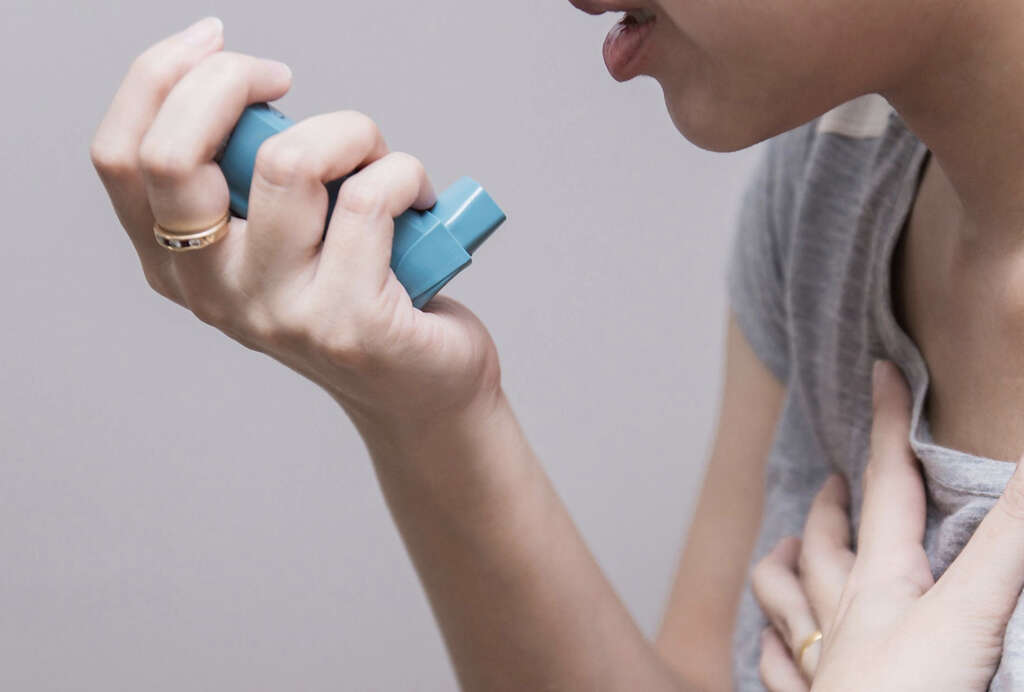
8. Prevention
In many cases, lung disease cannot be prevented. Cystic fibrosis, a genetic condition that makes it hard to clear mucus from your airways, often begins early in a patient’s life and cannot be reversed or prevented through lifestyle measures.
To prevent complications like pneumonia, it’s best to rest throughout the course of a viral or bacterial illness and take the medication your doctor prescribed. If you smoke, you should quit as soon as possible to decrease your risk of lung cancer.

9. Prognosis
If you have acute bronchitis, you can expect to feel better in a few weeks after you complete your course of antibiotics. If you have pneumonia that follows a viral infection like the flu, you may need more intensive treatment in the hospital, including fluids for dehydration.
Lung cancer can be resolved with surgery if only one of the lobes of the lung is affected, but more extensive treatment like chemotherapy is often necessary. If you have a neuromuscular condition like ALS, the muscles of the chest wall are affected, and so are the nerves that communicate breathing signals to the brain. The prognosis for patients with ALS, in general, is not promising. However, in a few severe cases, patients and doctors might consider using a machine to help with breathing and sustain their lives.1Nazario, B. (2018, April 8). Lung Diseases Overview. WebMD. https://www.webmd.com/lung/lung-diseases-overview.

10. When to See a Doctor
If you have any symptoms of lung disease such as a chronic cough, shortness of breath, or tightness in your chest that won’t go away, remember that seeing your doctor is your best bet for an accurate and timely diagnosis. Once your condition is identified, it will be easier to treat.
If you have a lung condition that has already been diagnosed, like asthma or chronic obstructive pulmonary disease, please see your doctor if your symptoms progressively get worse or they suddenly flare up again. This could mean that your current treatment has stopped working.




